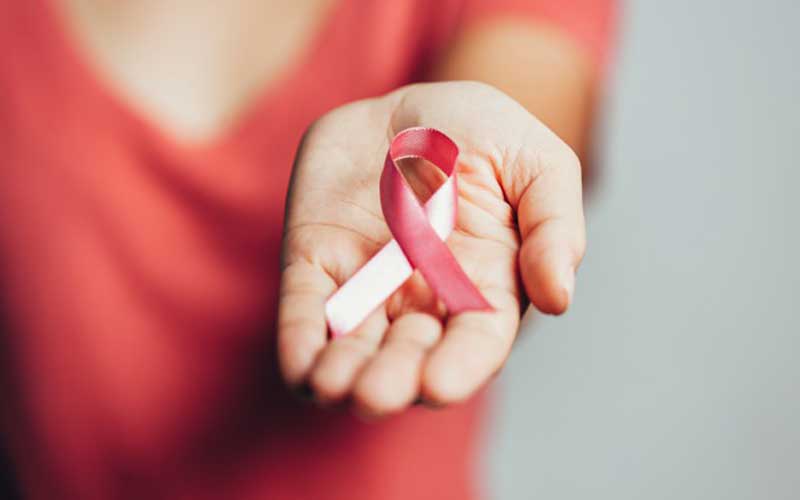×
The Standard e-Paper
Kenya’s Boldest Voice

The news from researchers at Cardiff University in the United Kingdom that they have discovered a new type of cells that can recognise and kill most types of cancer is welcome as we begin a year and a century.